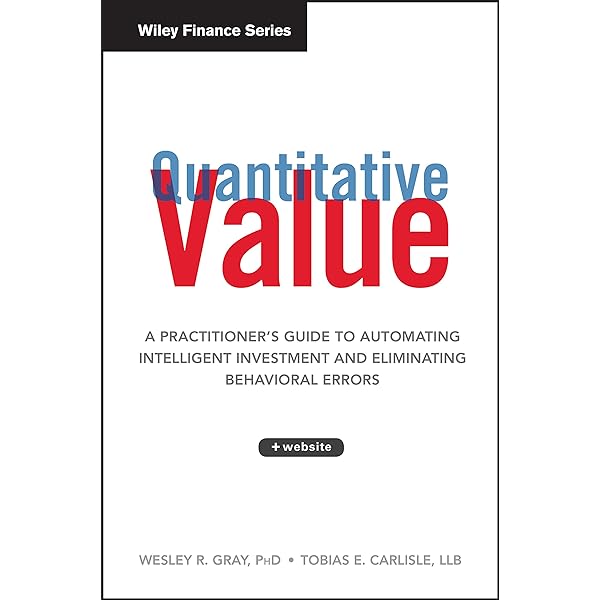How to snare a US investor – Page 2 of 2 – StartupSmart
“VCs in the US know the market inside out,” says Kayserian. “I’ve been in a pitch where the start-up pitched an idea and the VC said the idea had been done and asked ‘Why are you re-pitching this business’ idea to me?’
“The start-up said ‘No, we are different because of this’ and the VC said ‘No, I know you’re not because I invested in them myself.’ The guy just sunk back in his seat.”
“You need to do your homework. Also, there’s a bit of stigma here about social media as a lot of VCs have been burnt by it. They know what they are looking for.”
What’s your market?
99Designs’ Harbottle says the best VCs will go out of their way to help you even if you’re in the lucky enough position to be able to turn them down in favour of better offers. But he adds it’s vital that you focus on what your market is.
“In Australia, we tend to focus on the product and getting that right,” he says. “In the US, it’s very much customer and marketing driven. In Australia, we rarely ask who our customer is. If you can’t work out who your customer and your market is, you shouldn’t be in business.”
Ditching the boardroom
Keyserian adds that the culture of doing business in the US is something that Australians have to adapt to.
“In Australia, you meet in a boardroom, but they work all hours in New York so you have to be prepared to meet anywhere,” he says. “They mix fun with work, so I’ve met a VC for a pitch while walking in Central Park. I’ve had meetings at restaurants and rooftop parties. You have to be prepared to get out of your comfort zone.”
He has a final word of warning for those keen to jump on the first LA or New York-bound flight.
“You should dream big, but go lean,” he advises. “As much as it sounds romantic to get $5 million in seed funding, the implications are losing control of your business. Look to friends and family first.”
“Avoid going for the romantic dollar or you could end up working for someone else who sets you lots of KPIs – which is what you started up a business to avoid in the first place.”
Top tips
Sidney Minassian, founder and CEO of GrowthQ, a US-based start-up and venture advisory firm, has five top tips to getting a US investor on board:
1. Create a US parent company to take in the investment
“The company in which you want to take investment most likely needs to be a US Inc and needs to be the parent.”
“While the IP does not have to move (immediately), the US Inc must be the parent and ultimate holder of the IP. Creating your corporate structure can be simple or complicated depending on your circumstances.”
“In my personal case I had already created value in my Australian company (I had IP and revenue) and had taken angel investment in Australia.”
“So there are legal, tax and IP consequences that need to be addressed. I suggest companies do their homework, understand what needs to happen, how long it will take and what it will cost. Then be ready to address this head on with your prospective investors.”
2. Be prepared to relocate to the US
The founders and management team most likely need to be based in the US. Having the software development teams outside of the US or additional sales offices outside of the US is okay.
“However it makes it easier for board meetings, business development, follow-on funding and ultimate exit if the investors and company management are in the same location.”
“I suggest founders need to be prepared to make this transition and don’t forget if you have a spouse or children you need to think about how to on-board/transition them.
3. Get warm introductions to investors
“While many investors say they accept ‘cold’ calls or emails, the reality is that venture investment is very much a ‘people’ investment business. Getting a warm introduction will always get a better response.”
“In fact, I know some VCs who believe that if an entrepreneur can’t even find a way to get a warm introduction into to them, then they’re probably not a good bet anyway.”
“There are a bunch of networking events, industry groups and government support initiatives for helping Australians get connected.”
“One other strategy (that’s also good for your business in general) is to appoint a US based board of advisors who are connected and experienced in the venture space.”
4. Create a story they can relate to.
“It’s all about creating credibility early on. It’s highly unlikely that you have a degree from a top US university or that you have a US brand-name paying customer.”
“So you need to make sure your story is one that investors can quickly relate to and your achievements are not lost or undervalued in the translation.”
“For example, Commonwealth Bank and Macquarie Bank were both paying customers of one of my previous Australian tech start-ups and while recognised by any Australian, the average US investor has not heard of these guys. So coming to the US, I was coached by my mentors to position CBA as the Wells Fargo equivalent and Macquarie Bank as the Goldman Sacs equivalent.
5. Prepare to pitch to US investors – it’s different from pitching to Australians
“The average US investor hears a lot more pitches and has more deal-flow than Australian investors. So their bar is higher, their patience is shorter and they have many other investment options – so you need to make sure your communication does not fall short.”
“Take the time to practice and constantly refine your pitch. Be prepared to be interrupted during your pitch and have the confidence to steer the meeting back to you agenda.”

